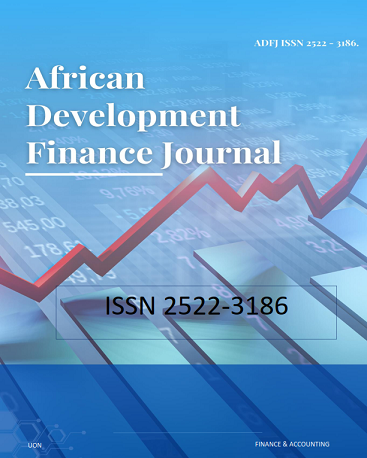Islamic Green Finance and Solid Waste Management in Nigeria
Abstract
The growing population and urbanization have increased the amount of solid waste generation in Nigeria, leading to environmental degradation. The management of such waste has however become a challenge due to inadequate funding. As government financing is insufficient for effective waste management, Islamic green finance seems to be a viable alternative due to its environmentally friendly shariah principles. Although, some Islamic green financial products have been identified, empirical research is lacking in this regard. This study therefore assessed the potential impact of Islamic green finance on solid waste management in Nigeria. Data were collected from staff of waste collection services firms which are registered with Environmental Health Council of Nigeria (EHCON). Questionnaire was administered to the respondents through the contact of the companies. Descriptive statistics and logistic regression were used to analyze the data. The study found that green murabaha (p<0.05), green mudharaba (p<0.05), green musharaka (p<0.01) and green ijarah (p<0.1) were positively and significantly correlated the turnover growth of solid waste management firms. The study however, found that green musharaka wa mutanaqisah (p >0.1) had insignificant, positive relationship while green sukuk (p>0.1) had insignificant, negative relationship with turnover of solid waste management firms in Nigeria. The study concluded that Islamic green financial services are needed for improving solid waste management in Nigeria. Based on the findings and conclusion therefrom, it recommended that Islamic banks in Nigeria should adopt shariah-compliant green financial products and channel their funding to green investment including solid waste industry.
Keywords: Environmental degradation, green finance, Islamic banks, Nigeria, Solid waste

